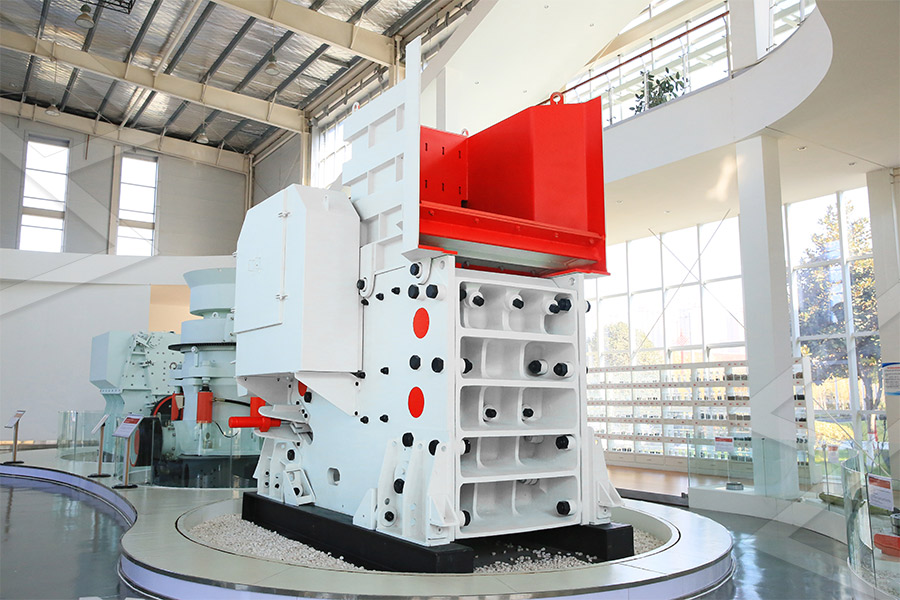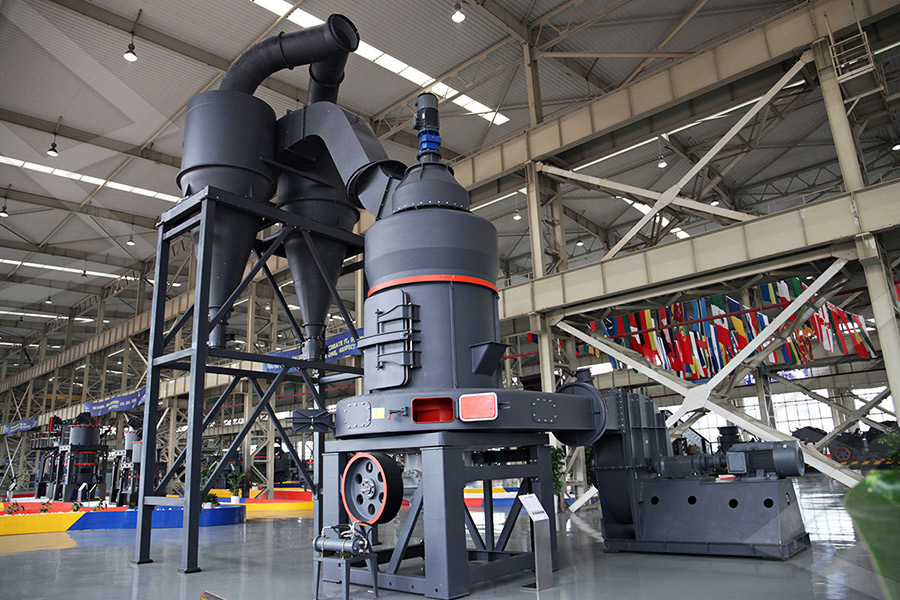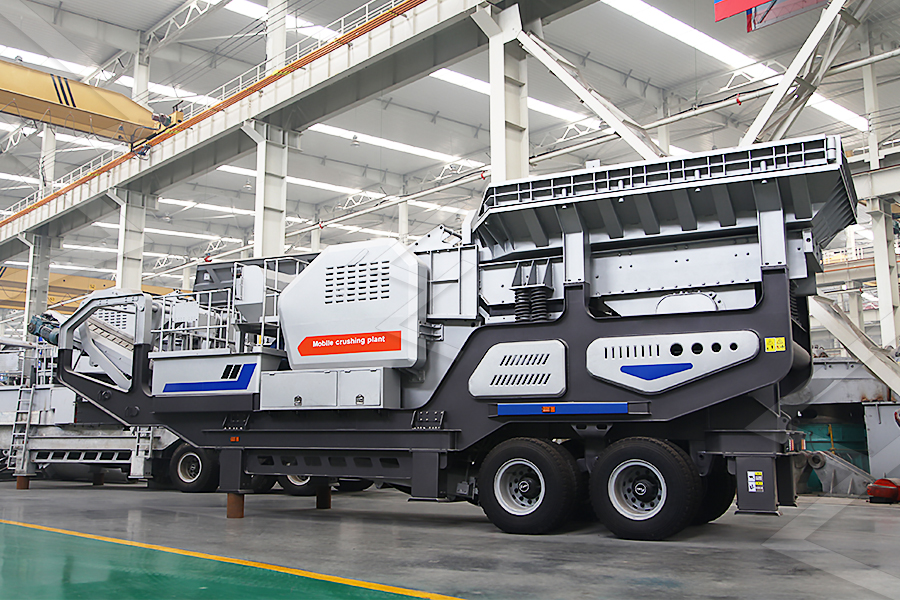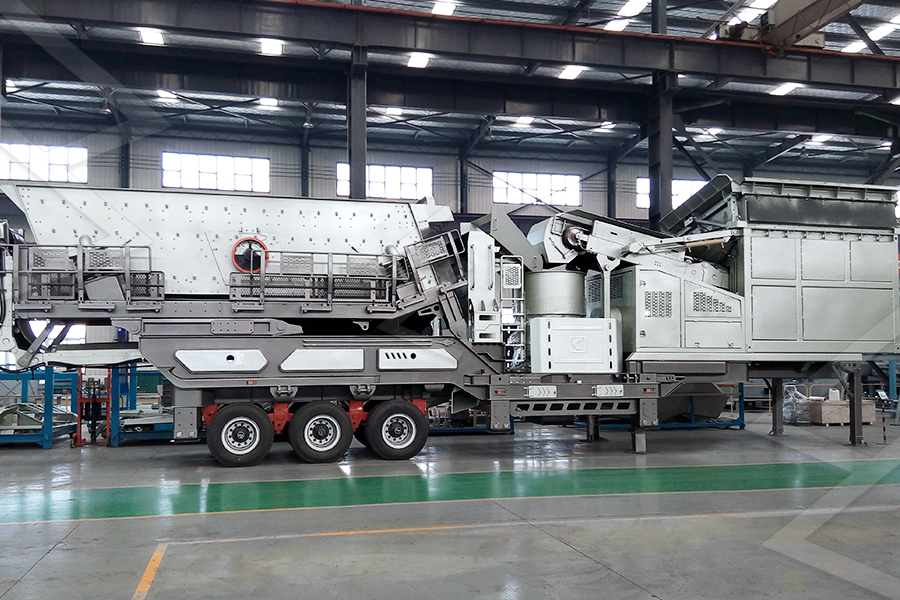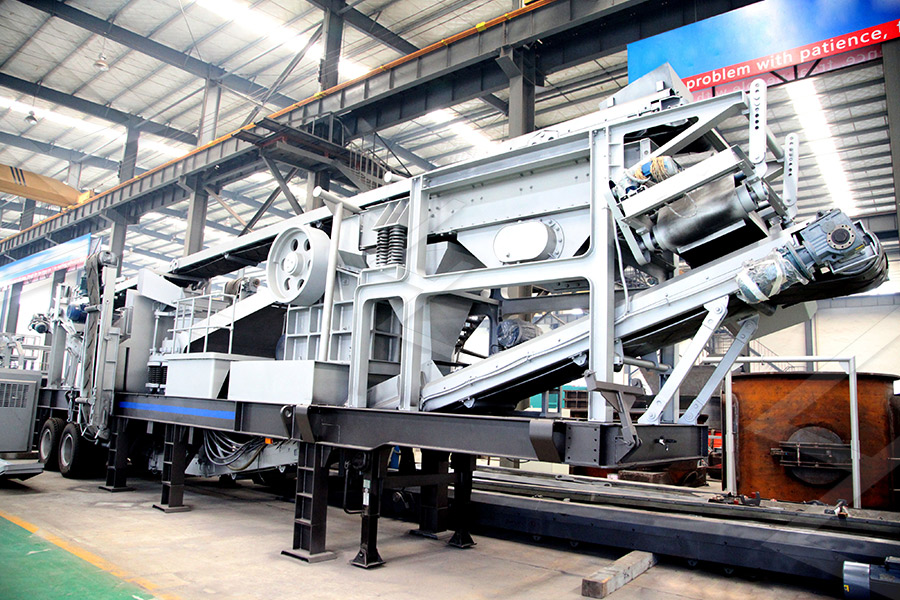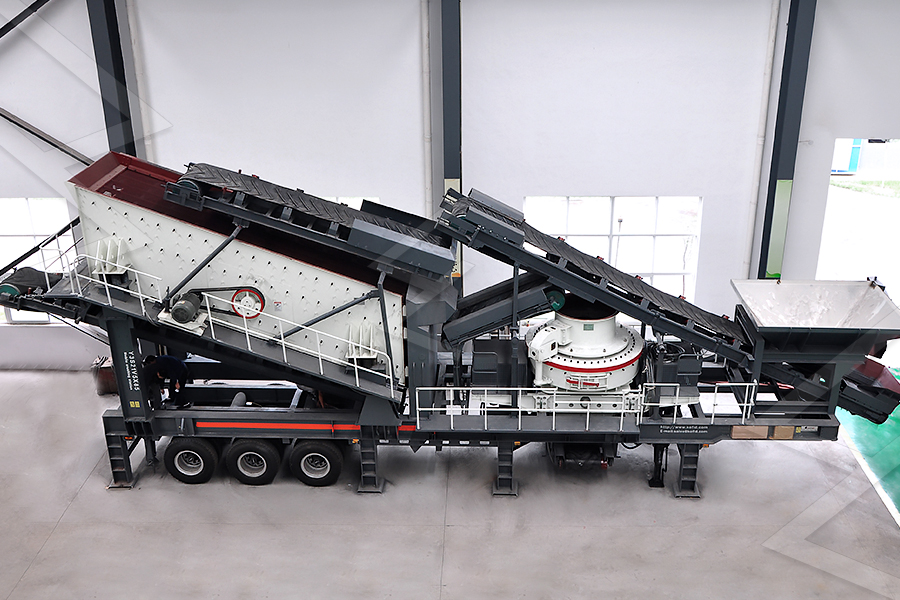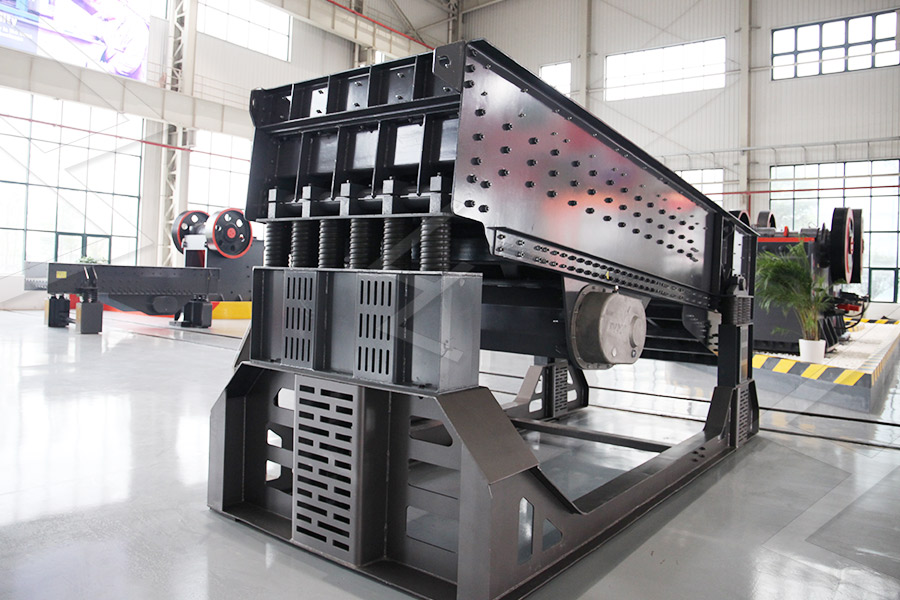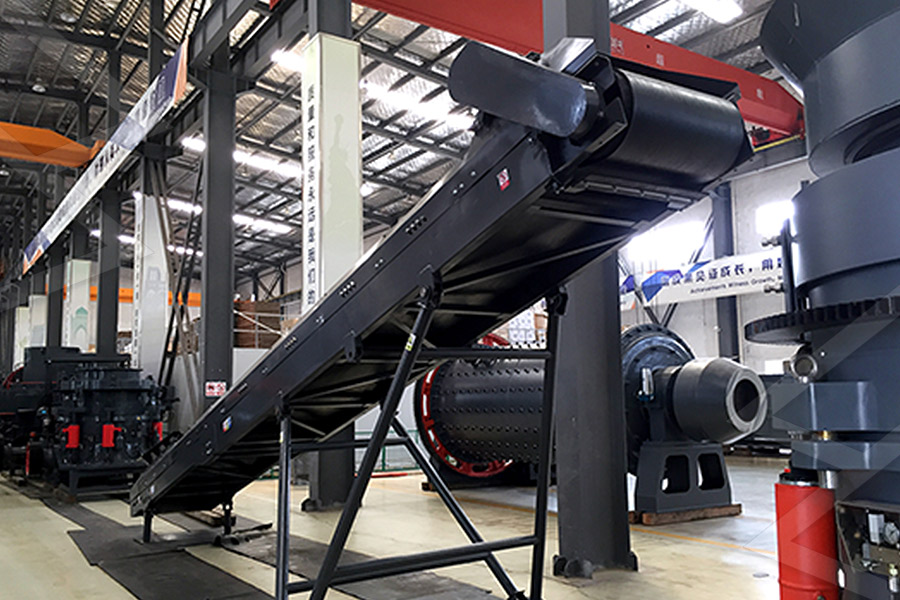chinalingo
.jpg)
Chinlingo – Learn Chinese Online
Diverse Online Lessons Focusing on each student’s level, interests, and goals, We offer live 1on1, Itomany, video Chinese lessons to learn wherever you are, our lessons are the Chinlingo offers online language lessons with qualified native speaking teachers Located in Xiamen, China, Chinlingo was founded by a group of Chinese language enthusiasts and About us – Chinlingo
.jpg)
ChinaLingo
Open the Chrome/Safari/Firefox, and enter chinlingo; Log in with your Chinlingo account (If you don’t have one, please sign up first); Click “My courses”, you will see the Help – Chinlingo
.jpg)
Duolingo
多邻国是世界上最受欢迎的语言学习平台。 免费、有趣、科学。 现在就登录 duolingo 或应用开始学习吧!Learn languages by playing a game It's 100% free, fun, and scientifically proven to workDuolingo
.jpg)
LingoMap: Your China Map App
Share any place with friends: they can get directions to your place in just a couple clicks! Bookmark/save places Longpress to translate anything on the map Get directions by 2020年11月15日 Hello everyone, I would like to take some online lessons, my level was HSK2, but I took it 2 years ago Lately I had to work very much and I hadn't many my Lingo chinese Studying Chinese outside of China Chinese
.jpg)
China lingo Flashcards Quizlet
Study with Quizlet and memorize flashcards containing terms like 上, 中心, 听说 and moreLingoChinese20年深耕汉语培训市场,提供日常汉语、商务汉语、HSK/HSKK/TSC、中国文化等中文学习课程,学生遍及50多个国家及地区。 LingoChinese还有很多来自中国的资深中文老师一对一指导学习。LingoChinese和中国老师一对一学习中文普通话或
.jpg)
Chinese Wedding Customs 中式婚礼习俗 –
2018年11月22日 婚礼仪式 The groom and the bride need to bow three times Firstly, bow to the heaven and the earth Secondly, bow to their parents Finally, bow to each other When the “three bows” rite is 2016年6月22日 实际上,"会"、"能"和"可以"在意思上有些相同之处。 首先要理解它们的基本意思: 会 (huì) can mean "know how to" and can express an action that you had to learn or be trained in to do "会"表示"懂得如何",可表达你已经学了或被训练而成的动作。 能 (néng) means "to be able to" and The differences between “会”, “能” and “可以” in Chinese

How to use “差不多” in Chinese – Chinlingo
2016年6月21日 差不多 (chàbùduō), translated literally, means "the difference is not much" Essentially what it means in Chinese is "more or less," and is useful for expressing rough approximations It can be 2016年6月22日 肯定 and 确定 can both be verbs, but their use and meanings are different 一定 cannot be used as a verb "肯定"和"确定"都可作为动词,但是它们的用法和意思不一样。 "一定"不能作为动词使用。 肯定 can express that something is satisfactory, often used when a superior evaluates paring “肯定”, “确定” and “一定” in Chinese – Chinlingo

Chinlingo Chinese character: 看 VS 看见 – Chinlingo
2016年6月21日 One opens his or her eyes to "看" "看见" refers to the result of "看" "看" doesn't always leads to the result of "看见", but "看见" involves "看" They cannot be exchanged In addition, as a durational verb, "看" can be preceded by "在" or "正在" to indicate a lasting action, while "看见" is not a durational verb and cannot be 2016年6月24日 1 把 (bǎ) is a measure word most commonly used to quantify objects that can be grasped or objects with a handle eg "把"用于表示可以用手握住的物体或带柄物体的数量,比如: 牙刷 yáshuā, toothbrush 钥匙 yàoshi, key 梳子 shūzi, comb 勺子 sháozi, spoon 叉子 chāzi, fork 刀 dāo, knifeThe use of 把 as a measure word – Chinlingo

15 tasty foods you should try in China (1) – Chinlingo
If you're lucky enough to be in China during hairy crab season, you can also find the pork mixed with the meat and roe of the crab, for an even sweeter, richer filling SIU MEI (CANTONESE BARBECUED MEAT) Whenever I walk the streets of Hong Kong, I can't help myself – if I pass a barbecue shop, I have to go in and eat2016年7月4日 Another common usage of "verb + 起来" is to express collecting things together, where in English we might say "tidy up" (收起来 shōu qǐ lái) or "add up" (加起来 jiā qǐ lái) "动词+ 起来" 的另一个用法就是用来表示把东西聚集在一起,在英语里,我们可能会说 "tidy up" (收起来) 或 "add up" (加 Any difference between Verb and Verb + “起来”? – Chinlingo

Traditional Chinese Folk Art—Lion Dance 中国民间传统艺术
2023年8月8日 Lion dance is an excellent folk art in China, also known as “Taiping Music” in ancient times Lion dance can be divided into north and south, and the southern lion is also called the waking lion 狮是由彩布条制作而成的,每头狮一般由两个人合作表演,一人舞头,一人舞尾。 The lion is made of colored cloth 2016年6月22日 A bowl of coin dumplings Dumplings are the indispensable food for Chinese people on New Year's Day as well as other festivals According to the traditional customs, dumplings should be prepared before 24:00 on New Year's Eve and eaten between 23:00 on New Year's Eve and 1:00 on New Year's Day 饺子是中国人逢年过节 A bowl of coin dumplings – Chinlingo
.jpg)
秒杀: a Chinese slang term for “seckilling” – Chinlingo
2016年6月21日 秒杀: a Chinese slang term for “seckilling” "秒 (miǎo)" means "second," as in the unit of time, and "杀 (shā)" is a verb which means "to kill" Combining them, "秒杀 (miǎoshā)" is translated literally as "onesecond kill" The term originated from online, multiplayer videogames, in which a player who doesn't have any other Step 1 Arrange Your Free Trial Apply trial class and we will arrange a FREE lesson at your preferred time Step 2 Have Your Free Trial We will evaluate your Chinese level, find your strengths and weaknesses, and create a customized course plan for further studies Step 3 Schedule Your Courses Lessons Choose your most suitable course and Live Courses – Chinlingo

The 24 Seasonal Division Points/24 节气 –
2019年3月27日 The names for the 24 seasonal division points are: Beginning of Spring, Rain Water, Waking of Insects, Vernal Equinox, Pure Brightness, Grain Rain, Beginning of Summer, Grain Budding, Grain in 2016年6月21日 Is there any difference between them? "几"和"多少"都可以用来询问数量,它们有什么不同呢? [Definitions] "几" (jǐ): used to inquire about an uncertain and small quantity, which is generally less than 10 "多少" (duō shǎo): used to inquire about an unlimited quantity 几(jǐ ):询问不定的数量,且数量 Chinlingo Chinese words: 几 VS 多少 – Chinlingo
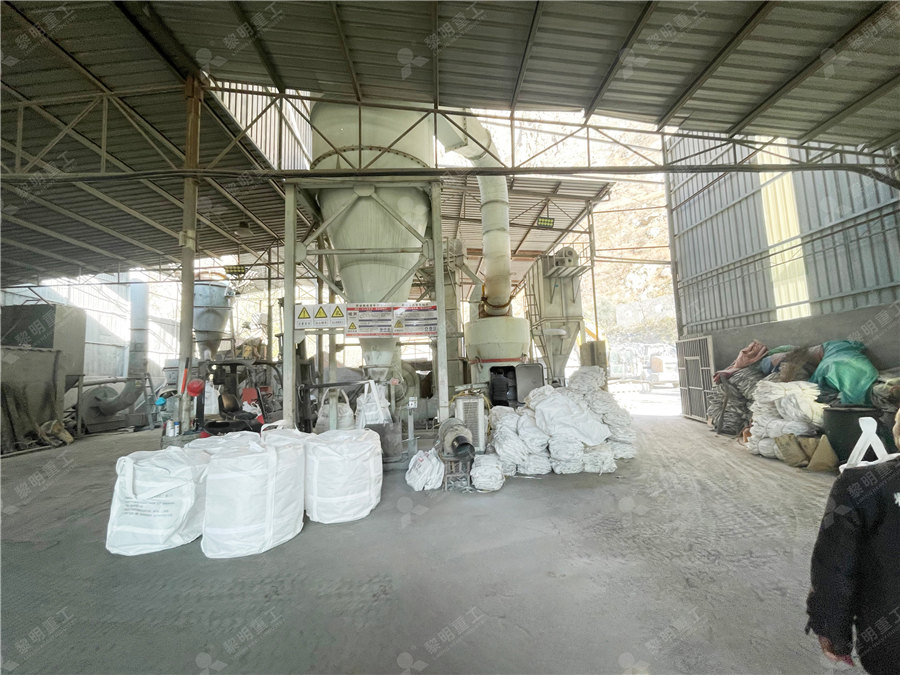
How to use Chinese idiom 拔苗助长 – Chinlingo
2016年6月18日 拔苗助长 (bá miáo zhù zhǎng) Meaning: Try to help the shoots grow by pulling them upward It refers to someone is anxious for success and make it against the natural rules, resulting in bad results 意为把苗拔起,以助其生长。 后用来比喻违反事物的发展规律,急于求成,反而坏事。 For example:2016年10月10日 In classical Chinese, 其 means 那个, 那, or 那些, and refers to people or things previously mentioned in the sentence It stands to reason therefore, that 其中 (qí zhōng) means "among the aforementioned", and denotes that something belongs to, or is part of a bigger group This is a little like "of which" in English, where you can say How to use “其中” in Chinese – Chinlingo

Chinlingo Chinese character: 及格 VS 合格 – Chinlingo
2016年6月21日 及格 (jí ɡé):(考试成绩)达到规定的最低标准 合格 (hé ɡé): 符合标准 [Uses] "及格" refers to the minimum standard, while "合格" is related to a high standard They differ in both the meaning and the usage, and cannot be exchanged “及格”只是达到了最低的标准,而“合格”则是高标准 2020年6月8日 There are 300 most common Chinese words for you In addition to the words, we also provide pinyin, parts of speech, meaning of the word and examples Hope it can help you learn Chinese well! Learn native Chinese with Chinlingo, Easy and Fun with us Click here to win free trial lesson300 most common Chinese words – Chinlingo
.jpg)
How to use “lìng” and “lìng wài” in Chinese – Chinlingo
Once your Chinese learning reaches an intermediate level, you may find that you have some difficulty with synonymsMost Chinese learners wonder if these synonyms are interchangeable, or wonder which particular word(s) to use in a situation where a couple of words appear to be applicable2016年6月21日 Thirdperson pronouns in Chinese: “他, 她, 它” The most common pronouns in English are "he, she, and it" In the Chinese language, those three become the following: 他, 她, and 它 They are all pronounced "tā" 英语里最常见的代词有"he"、"she"和"it",而中文里,这三者分别是"他"、"她"和"它"。 这些字的 Thirdperson pronouns in Chinese: “他, 她, 它” – Chinlingo
.jpg)
Chinese Wedding Customs 中式婚礼习俗 –
2018年11月22日 婚礼仪式 The groom and the bride need to bow three times Firstly, bow to the heaven and the earth Secondly, bow to their parents Finally, bow to each other When the “three bows” rite is 2016年6月22日 实际上,"会"、"能"和"可以"在意思上有些相同之处。 首先要理解它们的基本意思: 会 (huì) can mean "know how to" and can express an action that you had to learn or be trained in to do "会"表示"懂得如何",可表达你已经学了或被训练而成的动作。 能 (néng) means "to be able to" and The differences between “会”, “能” and “可以” in Chinese

How to use “差不多” in Chinese – Chinlingo
2016年6月21日 差不多 (chàbùduō), translated literally, means "the difference is not much" Essentially what it means in Chinese is "more or less," and is useful for expressing rough approximations It can be 2016年6月22日 肯定 and 确定 can both be verbs, but their use and meanings are different 一定 cannot be used as a verb "肯定"和"确定"都可作为动词,但是它们的用法和意思不一样。 "一定"不能作为动词使用。 肯定 can express that something is satisfactory, often used when a superior evaluates paring “肯定”, “确定” and “一定” in Chinese – Chinlingo
.jpg)
Chinlingo Chinese character: 看 VS 看见 – Chinlingo
2016年6月21日 One opens his or her eyes to "看" "看见" refers to the result of "看" "看" doesn't always leads to the result of "看见", but "看见" involves "看" They cannot be exchanged In addition, as a durational verb, "看" can be preceded by "在" or "正在" to indicate a lasting action, while "看见" is not a durational verb and cannot be 2016年6月24日 1 把 (bǎ) is a measure word most commonly used to quantify objects that can be grasped or objects with a handle eg "把"用于表示可以用手握住的物体或带柄物体的数量,比如: 牙刷 yáshuā, toothbrush 钥匙 yàoshi, key 梳子 shūzi, comb 勺子 sháozi, spoon 叉子 chāzi, fork 刀 dāo, knifeThe use of 把 as a measure word – Chinlingo
.jpg)
15 tasty foods you should try in China (1) – Chinlingo
I've spent the lion's share of the last eight years living in China, crisscrossing the country in search of amazing food And if my travels have taught me anything, it's that Chinese cuisine bears only a passing resemblance to the dishes most Westerners think of – China is home to a magnificently diverse culinary landscape, with a range of complex and varied flavors 2016年7月4日 Another common usage of "verb + 起来" is to express collecting things together, where in English we might say "tidy up" (收起来 shōu qǐ lái) or "add up" (加起来 jiā qǐ lái) "动词+ 起来" 的另一个用法就是用来表示把东西聚集在一起,在英语里,我们可能会说 "tidy up" (收起来) 或 "add up" (加 Any difference between Verb and Verb + “起来”? – Chinlingo
.jpg)
Traditional Chinese Folk Art—Lion Dance 中国民间传统艺术
2023年8月8日 Lion dance is an excellent folk art in China, also known as “Taiping Music” in ancient times Lion dance can be divided into north and south, and the southern lion is also called the waking lion 狮是由彩布条制作而成的,每头狮一般由两个人合作表演,一人舞头,一人舞尾。 The lion is made of colored cloth 2016年6月22日 A bowl of coin dumplings Dumplings are the indispensable food for Chinese people on New Year's Day as well as other festivals According to the traditional customs, dumplings should be prepared before 24:00 on New Year's Eve and eaten between 23:00 on New Year's Eve and 1:00 on New Year's Day 饺子是中国人逢年过节 A bowl of coin dumplings – Chinlingo



